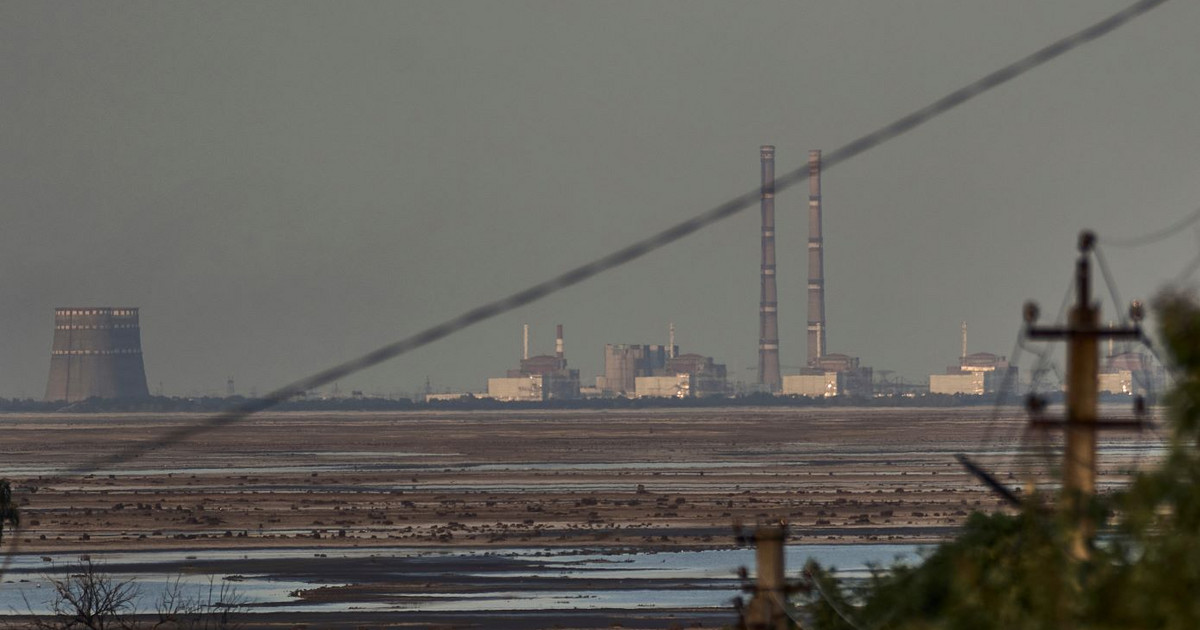China’s aggressive campaign to curb speculative real estate activity could slow the country’s growth rate in coming years, economists say, even if the worst-case scenario – a major housing market correction with sharp drop in home prices – is avoided.
Real estate activity accounts for about a quarter of China’s Gross Domestic Product (GDP) – considerably more than in the US – and speculative behavior has supported employment and revenue collection in cities for years.
Without a booming housing market, China is more likely to see about 3% to 5% annual growth in the next few years, economists say, rather than the more than 6% expansion it is used to.
“A successful campaign to make housing more affordable will come at a cost, perhaps putting 5-6 percent of growth out of reach on a lasting basis,” economists at the International Institute of Finance (IIF) wrote in a recent report.
The IIF projects China’s GDP to expand by an average of 3% or less every year from 2022 to 2031 as its economy matures, per capita income rises and the real estate sector slows. This is below the 5% average annual growth rate that China must maintain through 2025 to avoid the middle-income trap – a phenomenon in which developing economies stagnate before people’s incomes catch up with more advanced economies – according to speeches earlier this year by Zhu Guangyao, China’s former deputy finance minister.
“There is simply no other sector or industry that can fill the gap if real estate is no longer an engine of growth,” said Yao Wei, economist at Société Générale in Hong Kong.
Chinese officials have long emphasized the need for higher-quality growth from domestic consumption, as opposed to investments in property and infrastructure.
After years of rapidly rising home prices and rising debt, Chinese officials have imposed new rules over the past year with the aim of slowing the market and limiting how much developers can borrow to continue expanding. These measures have led to a sharp drop in sales and heightened concerns of a possible severe housing slowdown.
Many analysts say Beijing has too many tools to contain the damage. However, even a controlled drop in real estate activity will affect many people.
Private companies, such as developer China Evergrande Group, employ hundreds of thousands of workers across the country, while supporting construction companies and other contractors. Nearly 20% of China’s 285 million migrant workers earned income from construction-related jobs in 2020, China’s National Bureau of Statistics data shows.
Reference: CNN Brasil
I am Sophia william, author of World Stock Market. I have a degree in journalism from the University of Missouri and I have worked as a reporter for several news websites. I have a passion for writing and informing people about the latest news and events happening in the world. I strive to be accurate and unbiased in my reporting, and I hope to provide readers with valuable information that they can use to make informed decisions.






